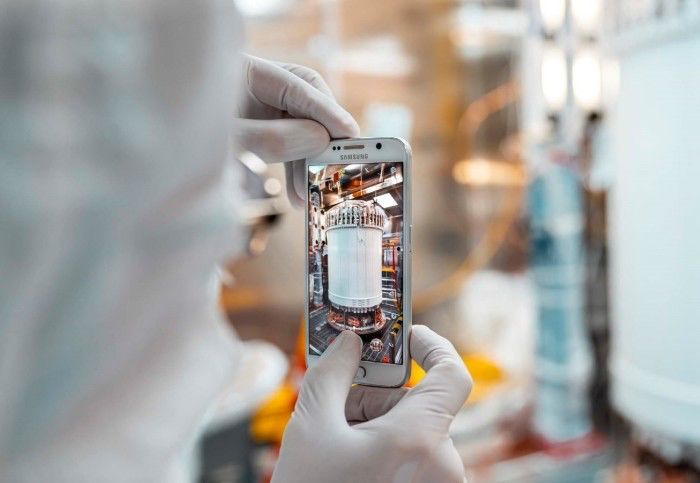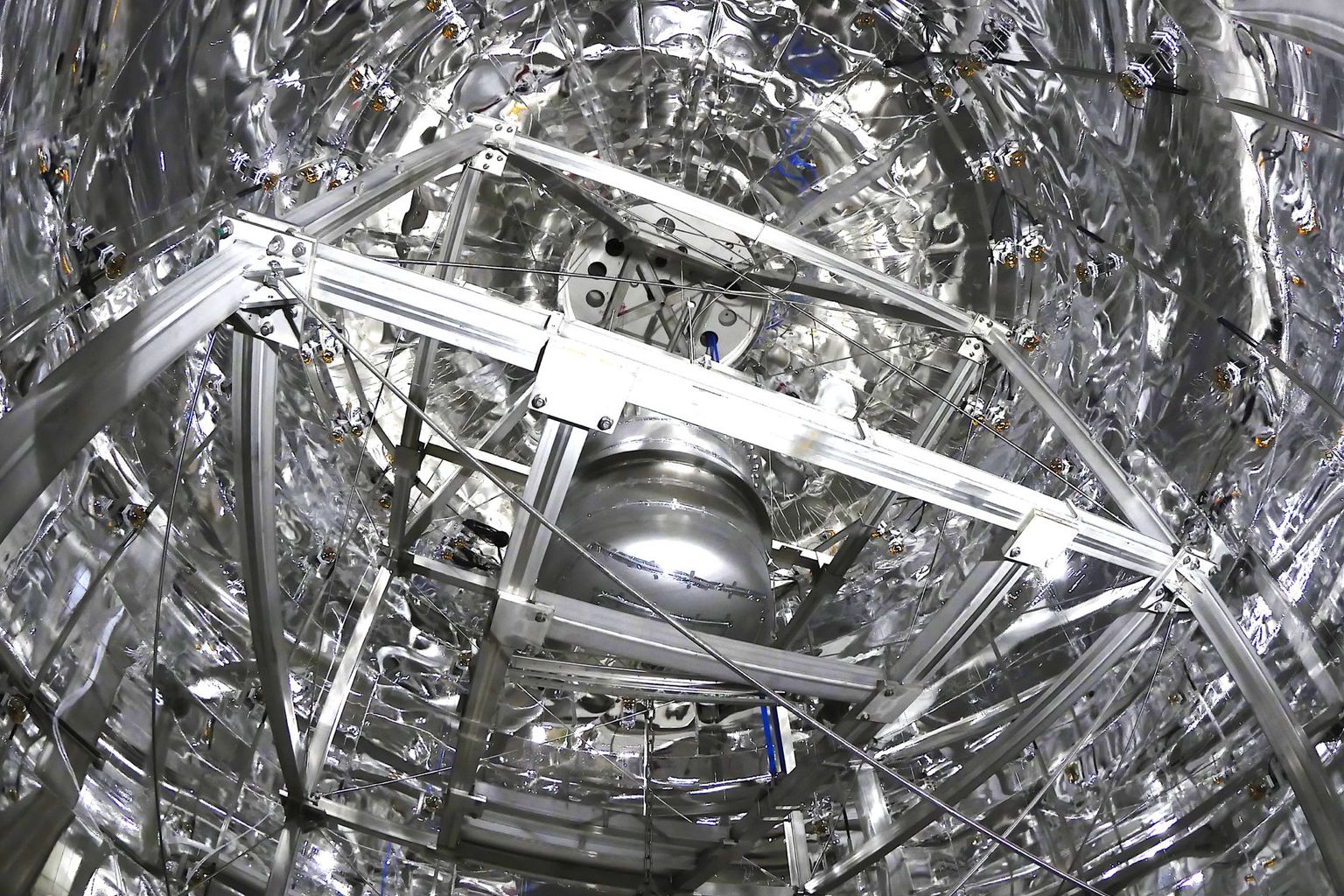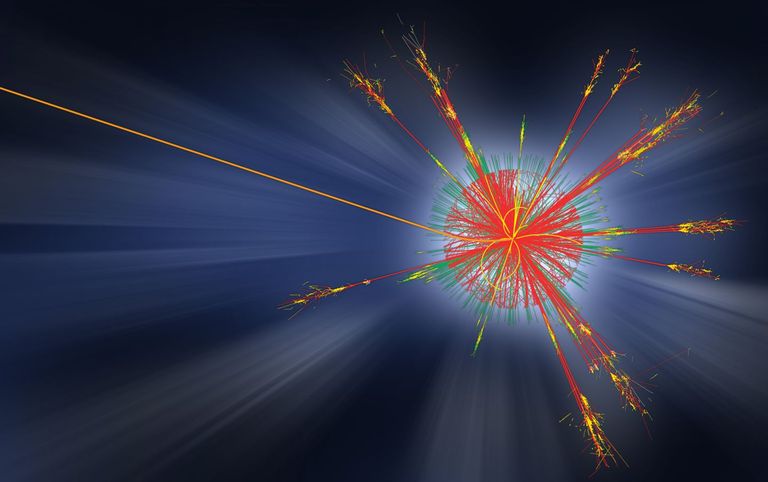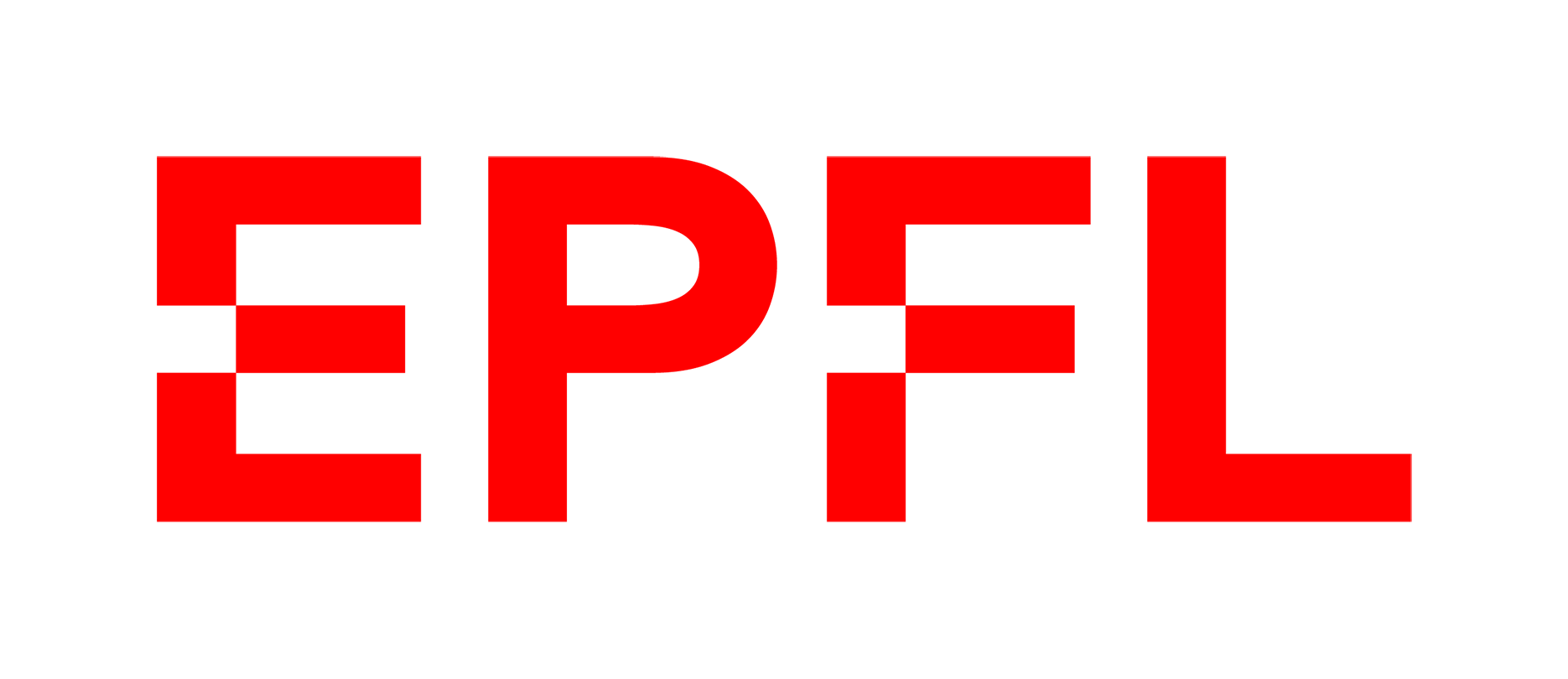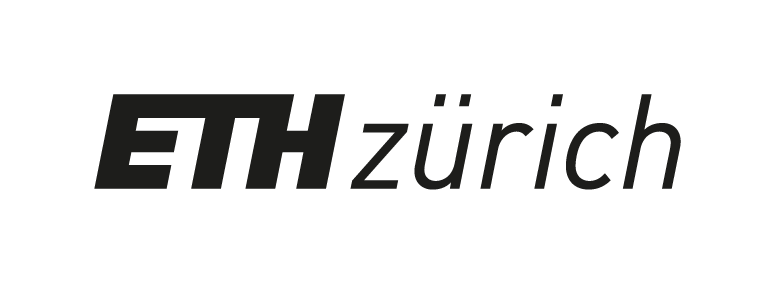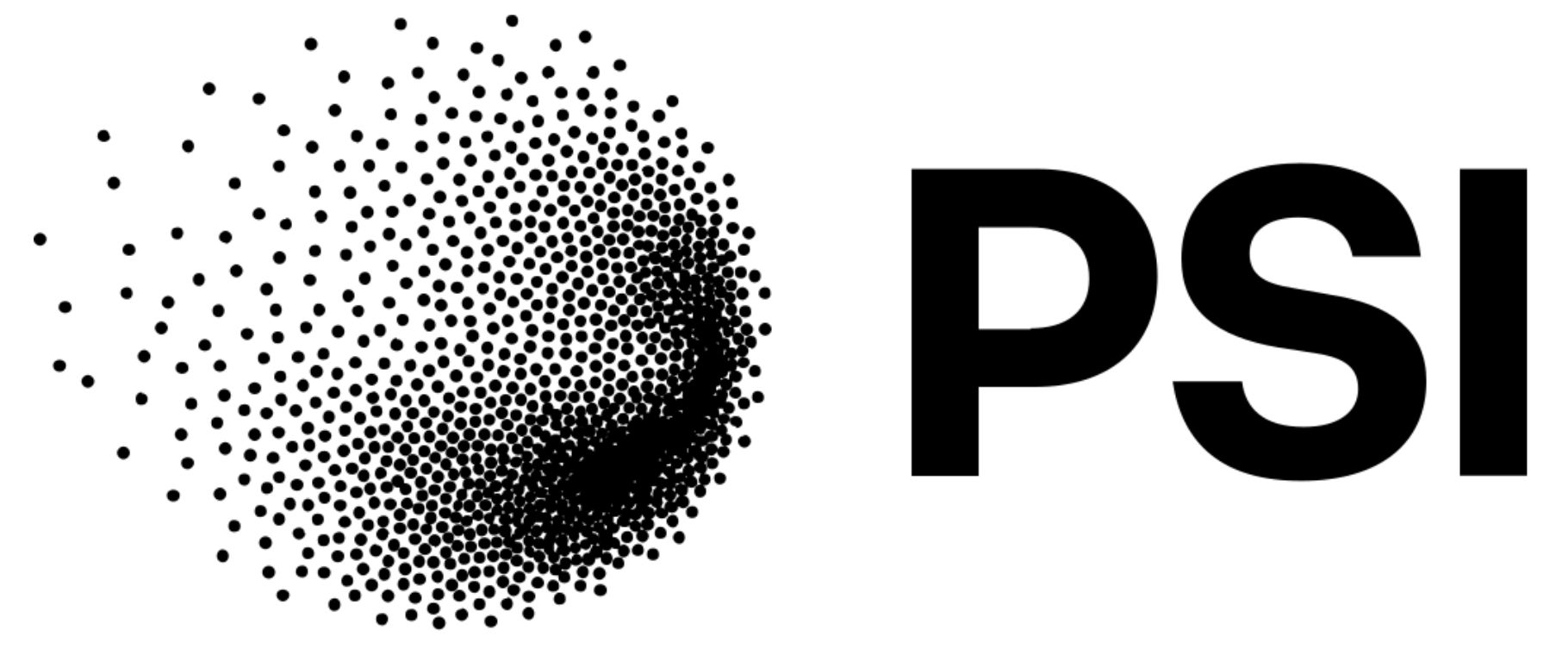- Press release
- News
Boiling the vacuum
Image: CHIPP1/31- Press release
- News
Under the Alps: Assessing the Potential of Bedretto for Particle and Astroparticle Physics
Image: Google map2/31- Press release
- News
The boundary between physics, mathematics and AI is becoming increasingly productive
Image: KI-generiert3/31- Press release
- News
Uncle Scrooge discovers particle physics
Image: Disney4/31- Press release
- News
First CHIPP postdoc prize goes to PSI postdoc
Image: CHIPP5/31- Press release
- News
CHIPP prize 2025: Top precision for top quarks
Image: CHIPP6/31- News
Demo against budget cuts in education and research
Image: AVETH7/31- Press release
- News
Swiss Input to the European Strategy for Particle Physics 2026 Update
Image: CHIPP8/31Strategic Workshops & Documents
Image: CHIPP9/31- Press release
- News
Dark sirens singing about dark energy
Image: CHIPP10/31- Press release
- News
Everything, everywhere, all at once in particle physics
Image: Video still, Chinese Academy of Science11/31- Press release
- News
IMPACT: Upgrade at PSI research facility approved
Image: Scanderbeg Sauer Photography12/31- Press release
- News
Scientists discover extremely rare particle decay
Image: CERN13/31- Press release
- News
Neutrino o’clock
Image: Federico Sanchez, U. Geneva14/31- Press release
- News
Neutrino experiment comes back to life
Image: J-PARC/Rey.Hori15/31- Press release
- News
Lesya Shchutska is the Prize winner of the Prize Latsis in 2023
Image: SNSF, Mathilda Olmi16/31- Press release
- News
CHIPP Prize 2023: On a course to discovery
Image: Anne-Mazarine Lyon17/31- Press release
- News
New flavour for Basel
Image: Admir Greljo18/31- Press release
- News
Order through kaons
Image: Radoslav Marchevski19/31- Press release
- News
First sighting of neutrinos from a collider collision
Image: Anna Sfyrla20/31- Press release
- News
“Strange animals” in the spotlight
Image: U. Bern21/31Women In Science
Image: CHIPP22/31PhD School
Image: CHIPP23/31- Press release
- News
Hopp Higgs!
Image: FERMILAB24/31Higgs@10
25/31- Press release
- News
Making (gravitational) waves in Switzerland
Image: Bild: R. Williams (STScI), Hubble Deep Field Team und NASA26/31- Press release
- News
Gabriel Cuomo receives the CHIPP Prize 2021
Image: G. Cuomo27/31- Press release
- News
Recent Results from LHCb Challenge Leading Theory in Physics
Image: LHCb, CERN28/31- 2021
- Report
CHIPP Roadmap
Image: SCNAT29/31- Press release
- News
Two dark matter detector heavyweights join forces to build new observatory
Image: XENON experiment30/31- Press release
- News
Leading Xenon Researchers unite to build next-generation Dark Matter Detector
Image: XENON collaboration31/31
The Swiss Institute of Particle Physics (CHIPP) is the bottom-up organisation of Swiss particle and astroparticle physics researchers in Switzerland as a legal entity of Swiss law. CHIPP is tasked with coordinating the national efforts in the realm of particle and astroparticle physics.
This is achieved by keeping a continuous dialogue between the particle physicists of different cantonal universities and federal institutes. CHIPP is recognized as the representative of Swiss particle physics both nationally and internationally. It awards yearly a Prize to a PhD student, supports workshops and conferences, organises PhD schools, and develops outreach projects.
Events, News, Publications

Florencia Canelli appointed CMS Deputy Spokesperson
Florencia Canelli, Professor of Physics at the University of Zurich, has been appointed Deputy Spokesperson of the CMS Collaboration for the period 2026–2028. In this role, she will support the newly elected Spokesperson Anadi Canepa in coordinating the scientific activities of one of the world’s largest particle physics collaborations, which brings together more than 6000 scientists, engineers and students. Florencia Canelli joined CMS in 2012 and has since held several leadership positions within the experiment. Her appointment highlights the important role played by Swiss institutions in the Compact Muon Solenoid experiment at CERN.
Image: CERN
Transition in SHiP Physics Coordination
After twelve years guiding the physics programme of the SHiP Collaboration, Nicola Serra (University of Zurich) is stepping down as Physics Coordinator. Following the recent collaboration election, Lesya Shchutska (EPFL) will take over the role. With this transition, the coordination of SHiP remains in Switzerland, highlighting once again the strong contribution of Swiss institutions to the experiment.
Image: CERN, SHiP
Boiling the vacuum
A group of scientists has set out to shed light on an unexplored area of physics using a high-energy electron beam, a laser, a vacuum chamber and a set of detectors. Federico Meloni, scientist at Germany’s national accelerator lab DESY and since December professor at the University of Bern, explains what the “LUXE” experiment is all about.
Image: CHIPP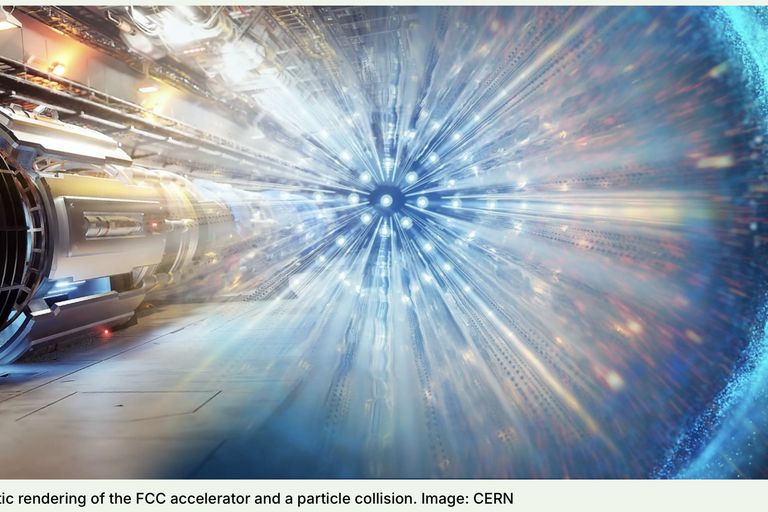
How Switzerland is preparing for the future of particle physics
The European Strategy for Particle Physics is intended to shape the future of particle physics. Under this strategy, the favoured option for the next major project at CERN is the Future Circular Collider. Switzerland seeks to consolidate its expertise in particle physics through targeted support instruments for technology, research and early-career researchers.
Image: CERN
Under the Alps: Assessing the Potential of Bedretto for Particle and Astroparticle Physics
ETH visits to the Bedretto Underground Laboratory
Image: Google map
The boundary between physics, mathematics and AI is becoming increasingly productive
Physicist and mathematician receive BRIDGE Discovery Grant to optimise supply chains with AI
Image: KI-generiertContact
Swiss Institute of Particle Physics (CHIPP)
c/o Prof. Dr Paolo Crivelli
ETH Zürich
IPA
Otto-Stern-Weg 5
8093 Zürich
Switzerland
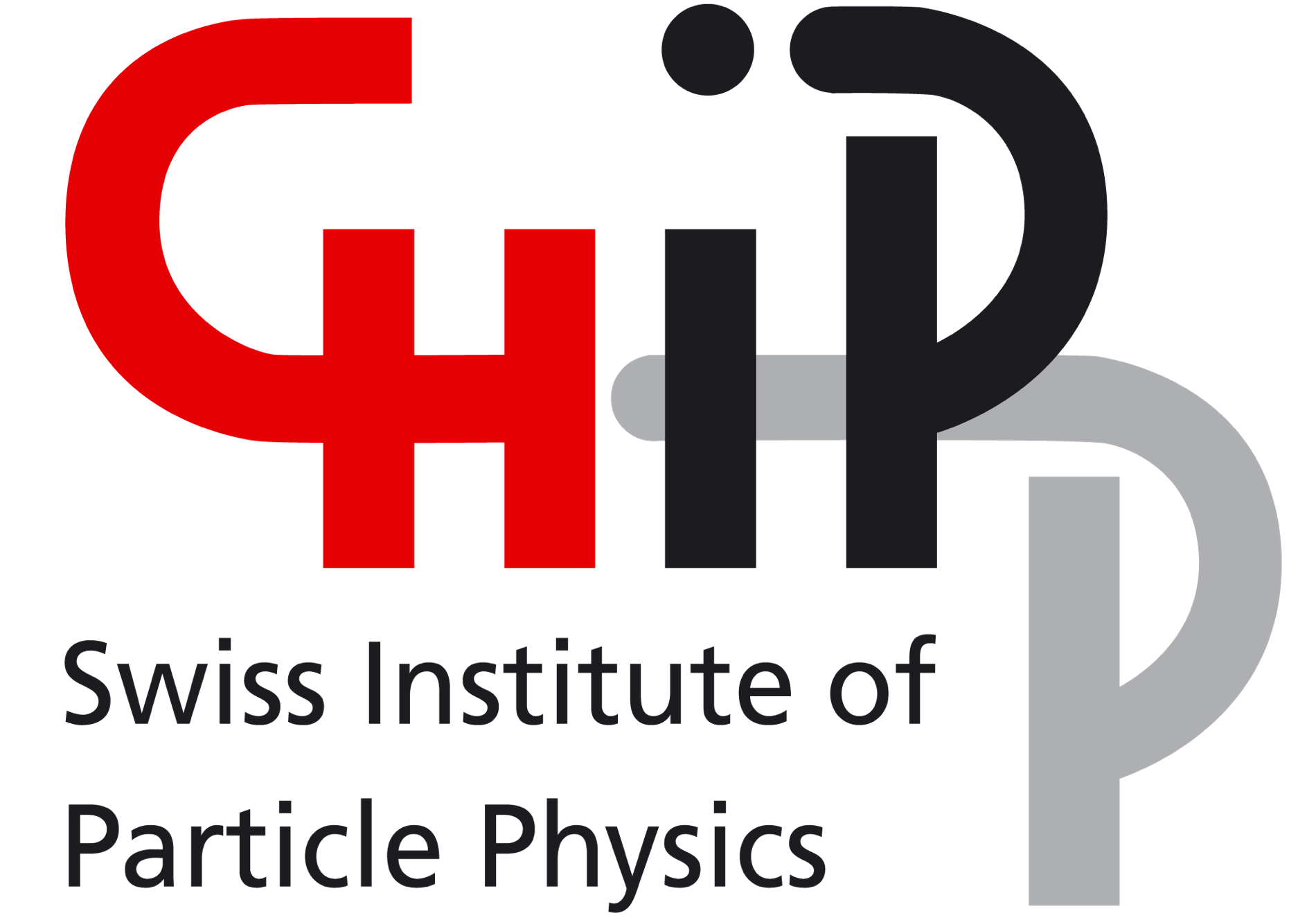




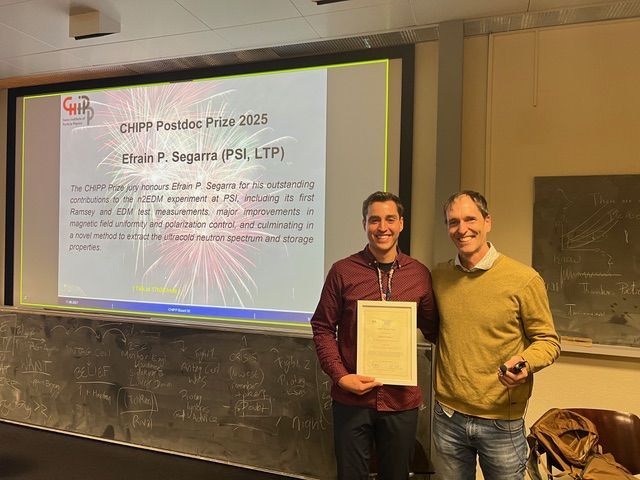
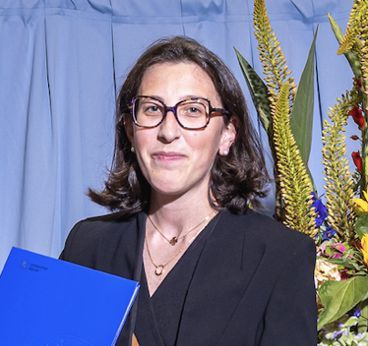

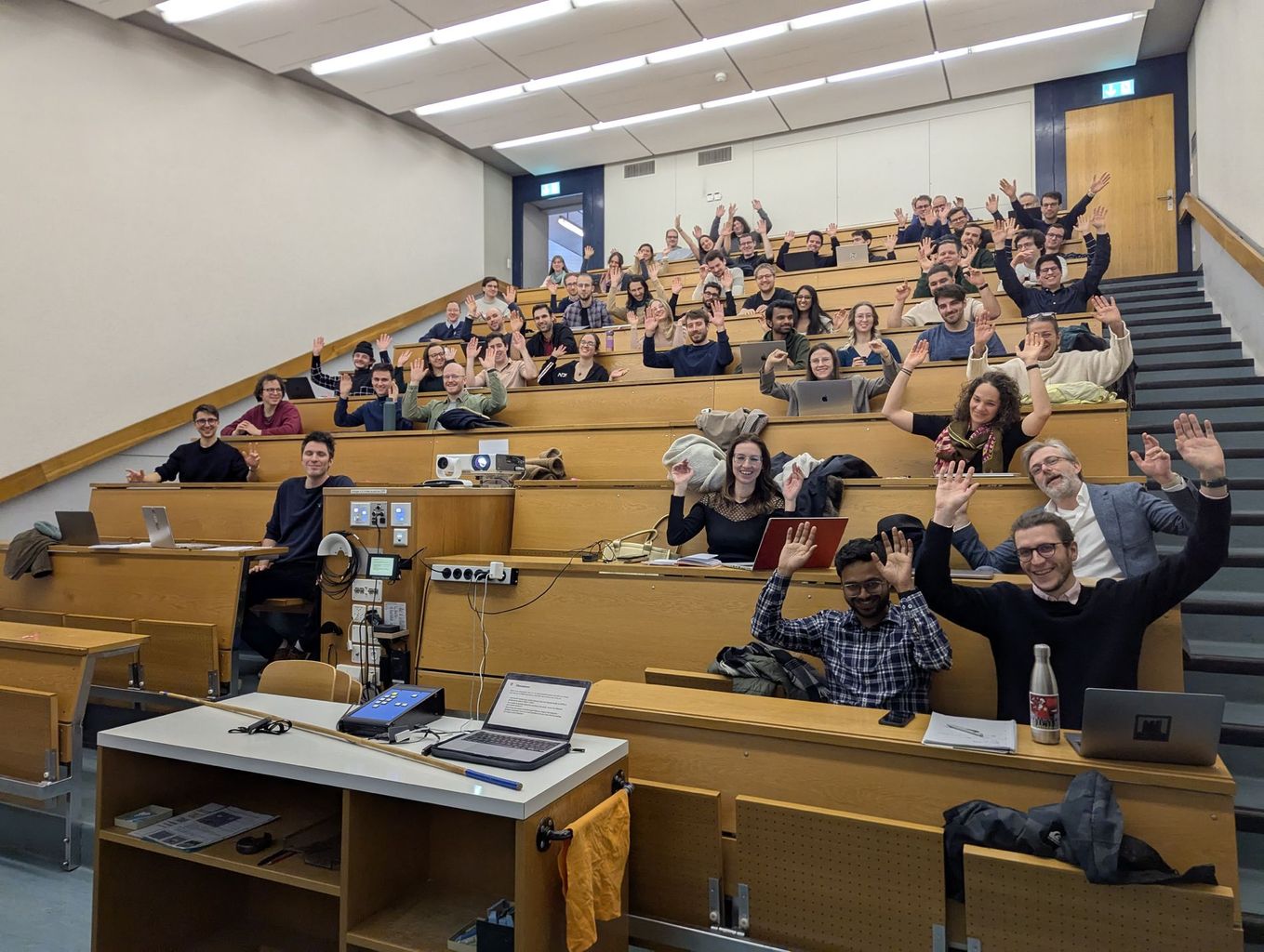

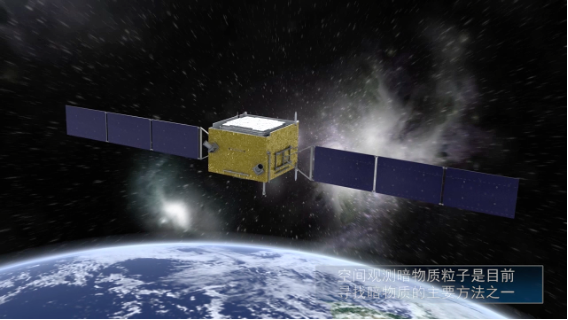


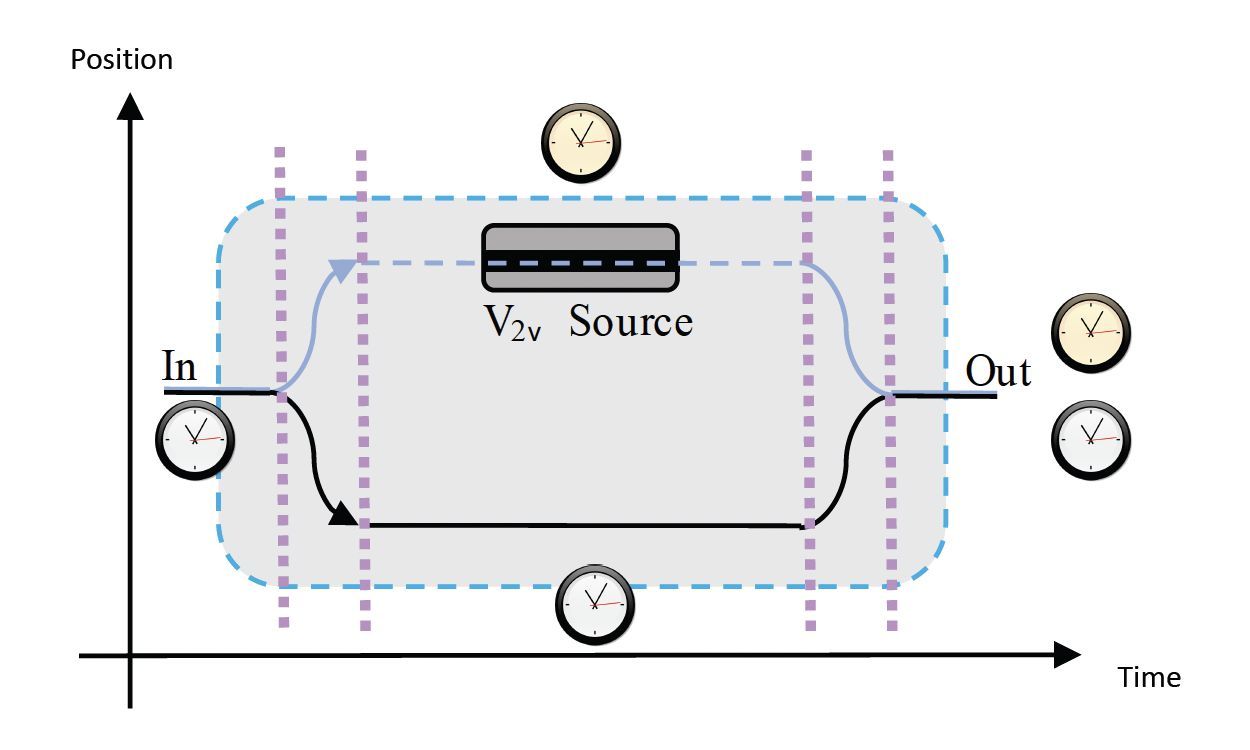
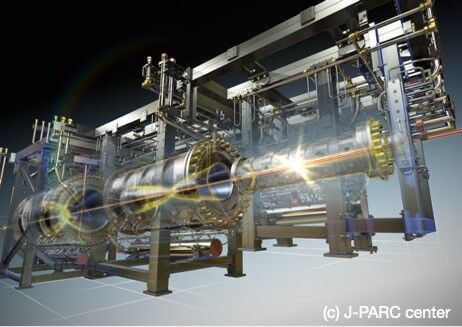
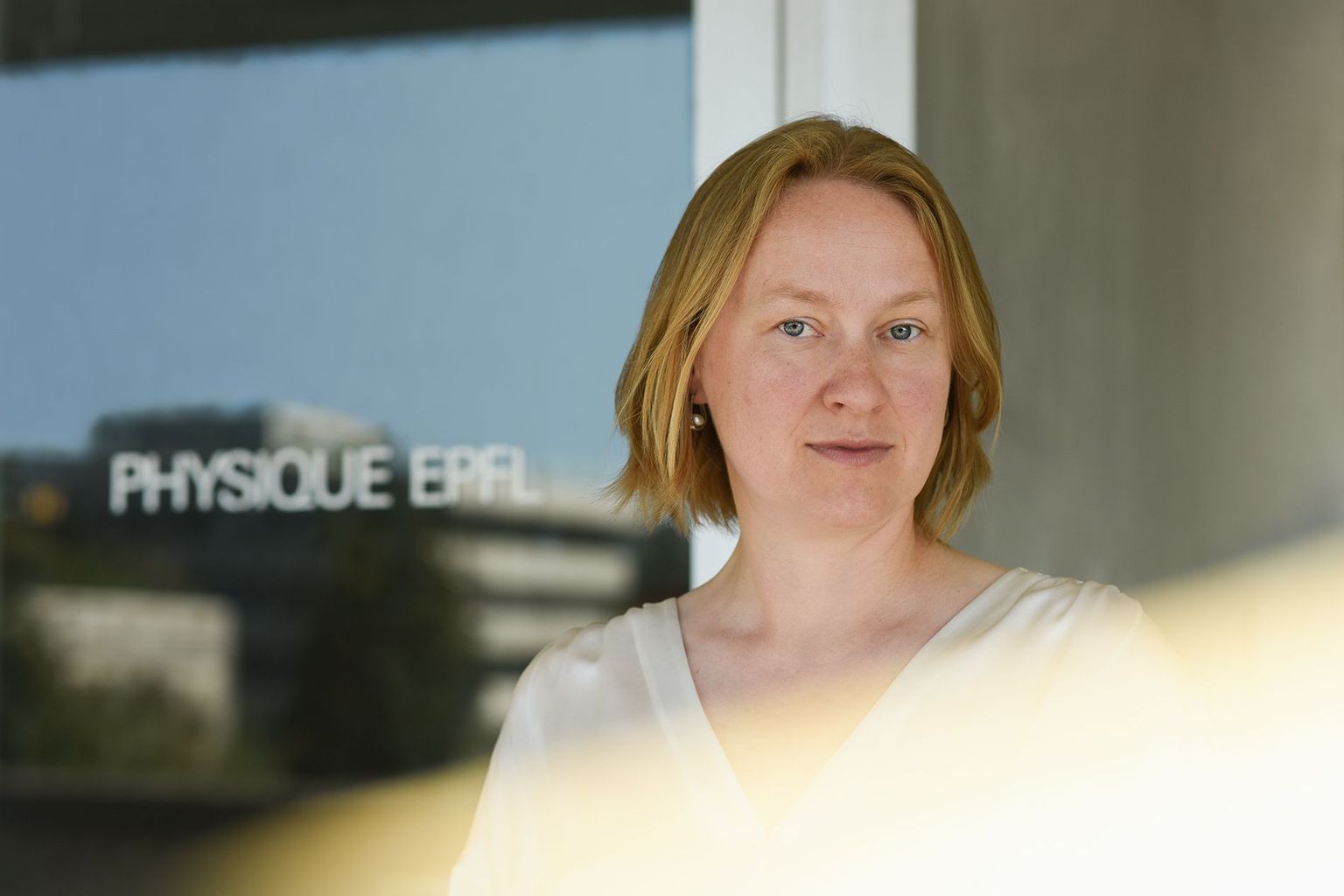
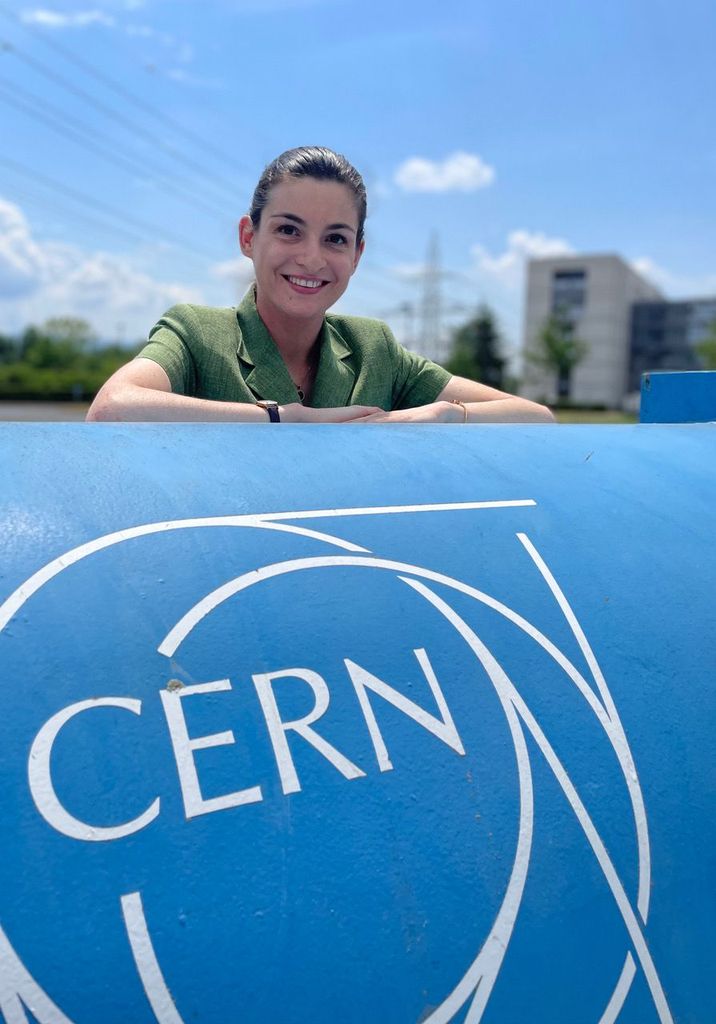
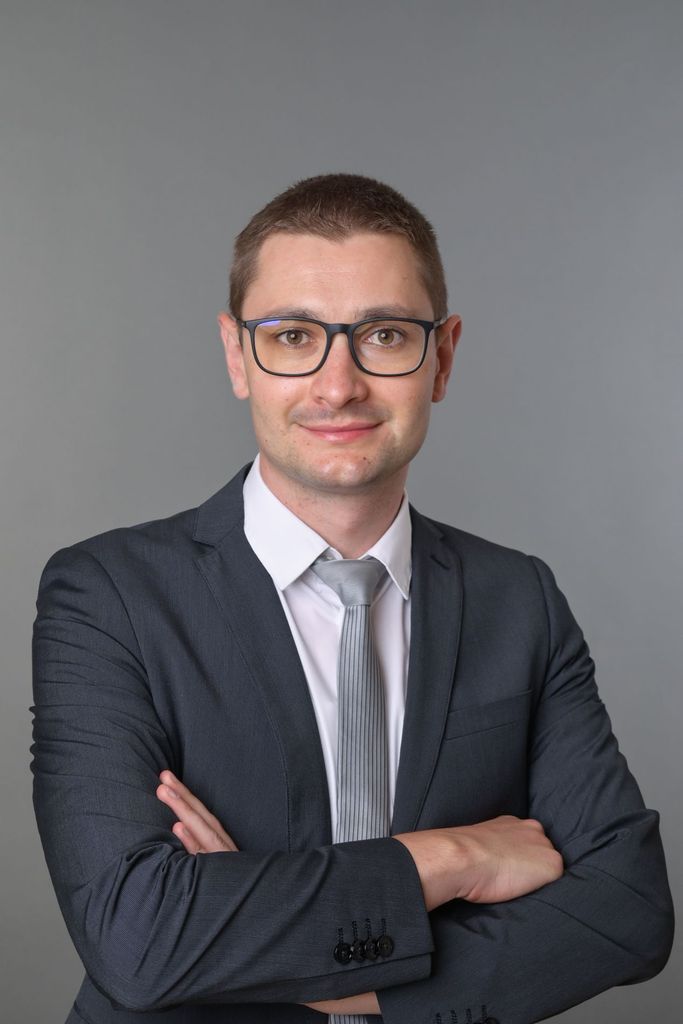
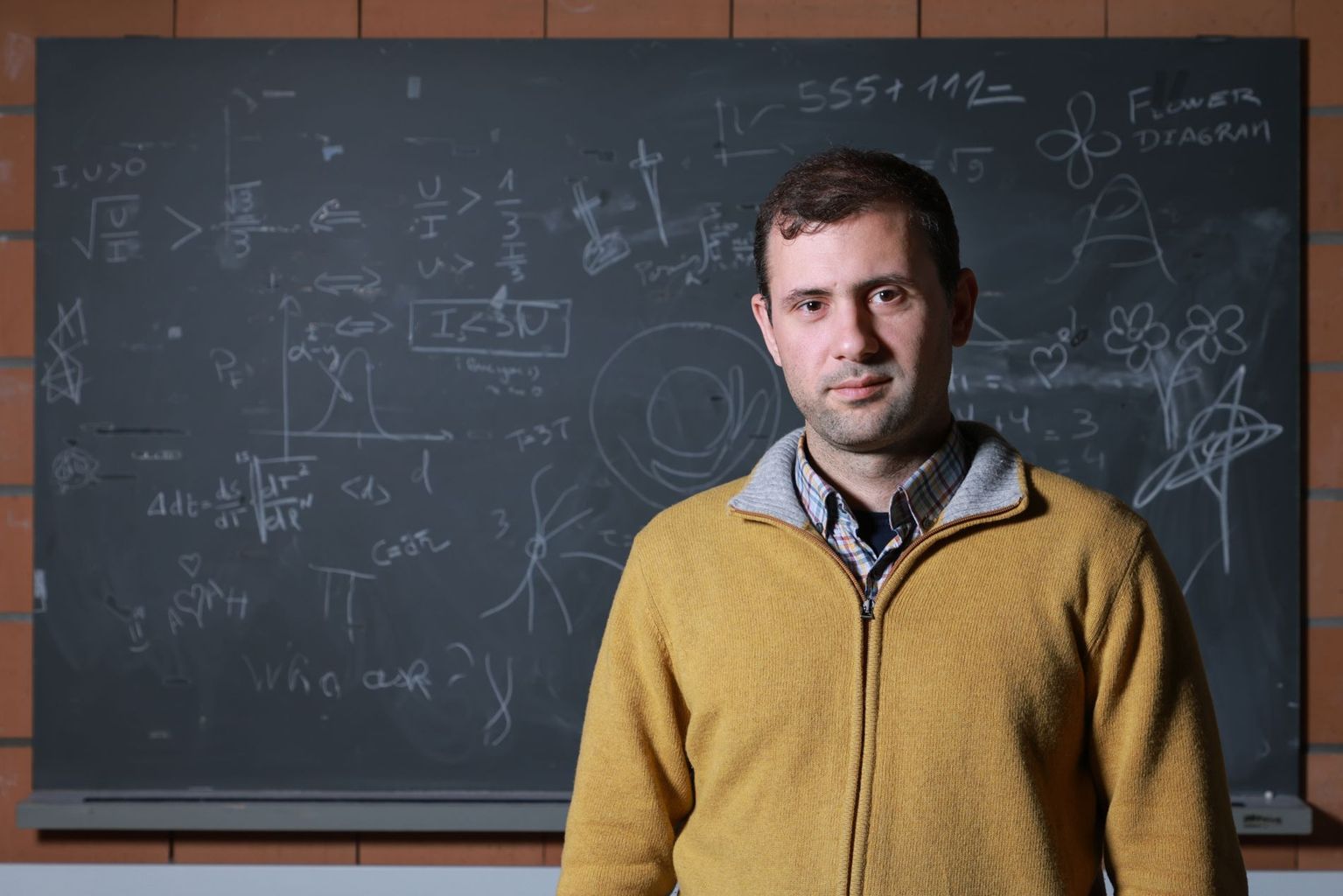
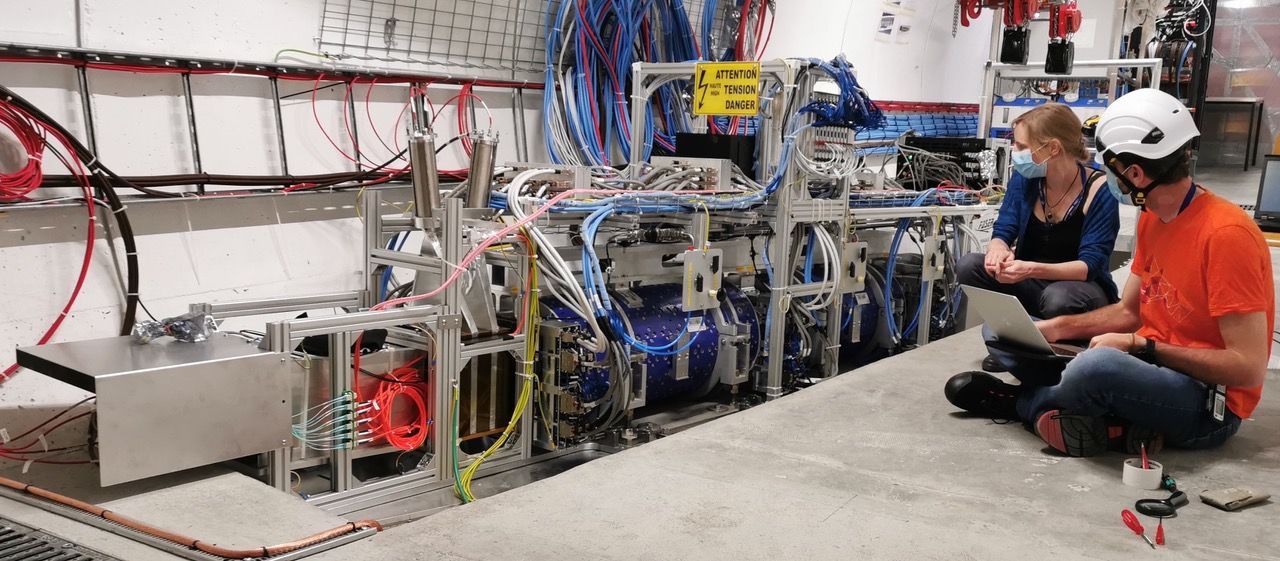
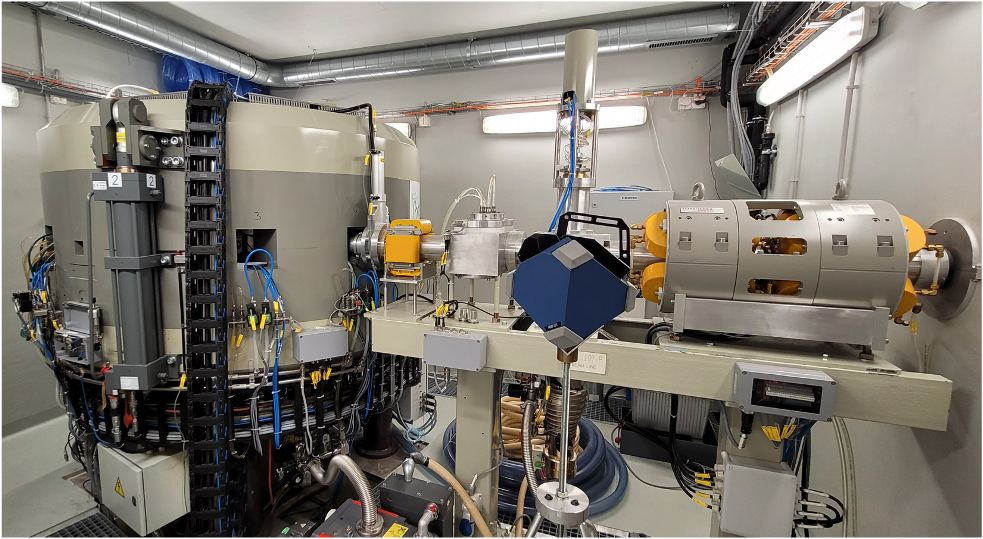
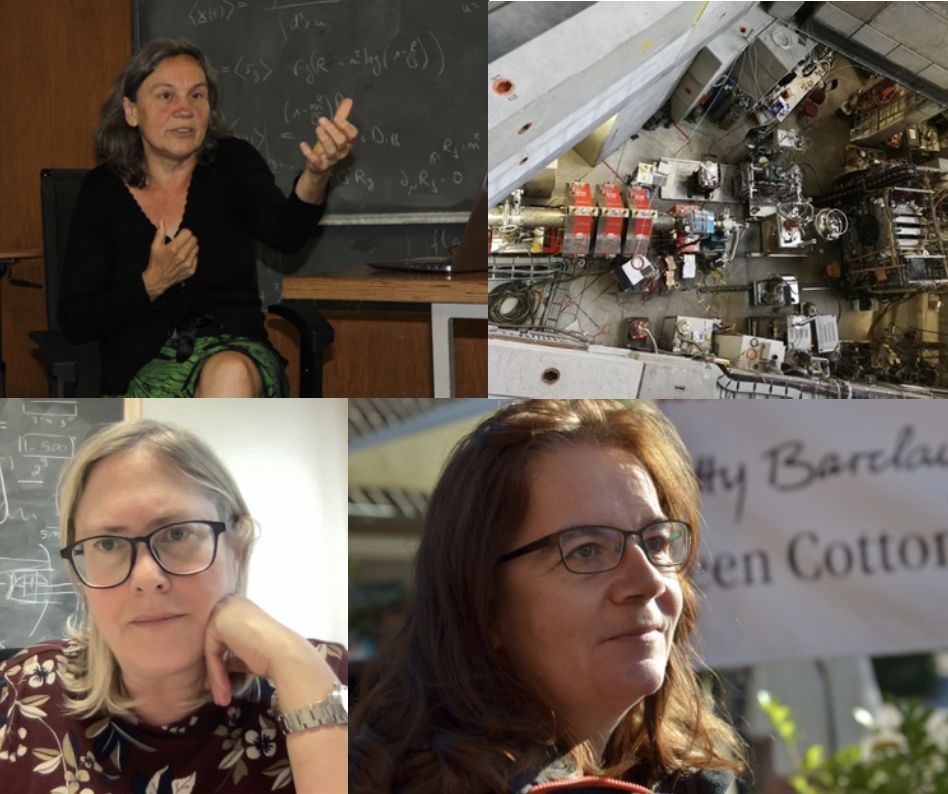
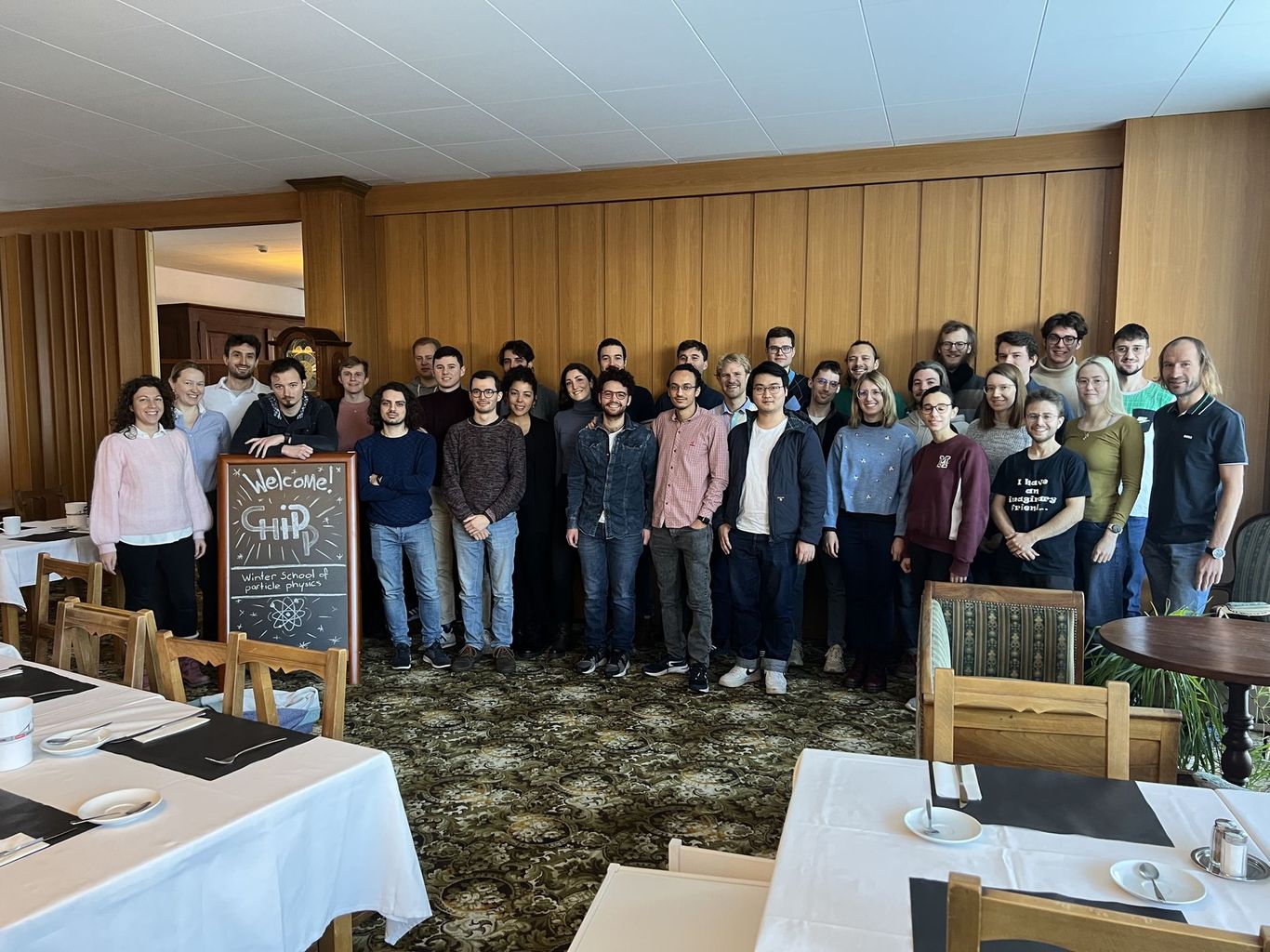
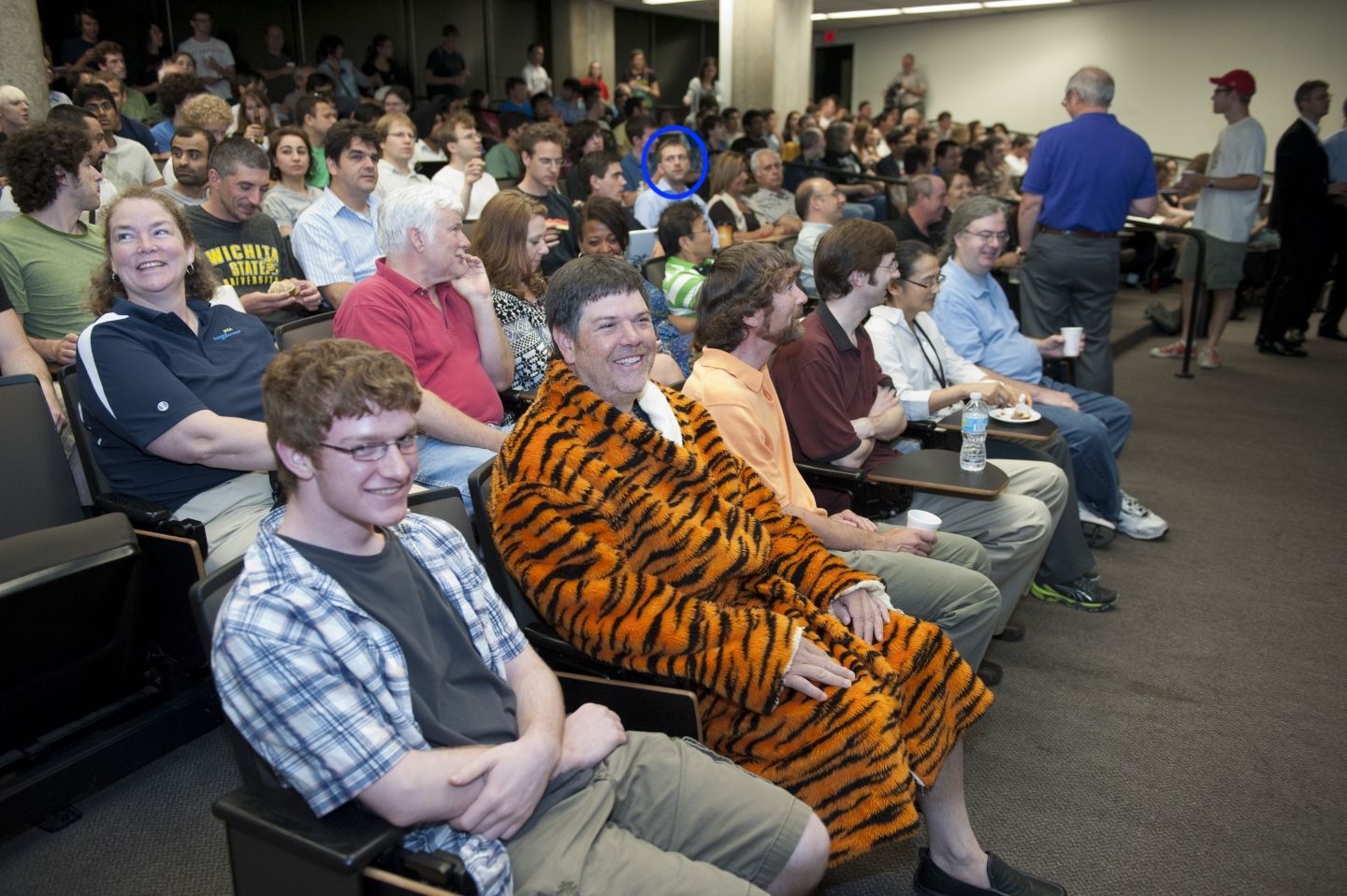
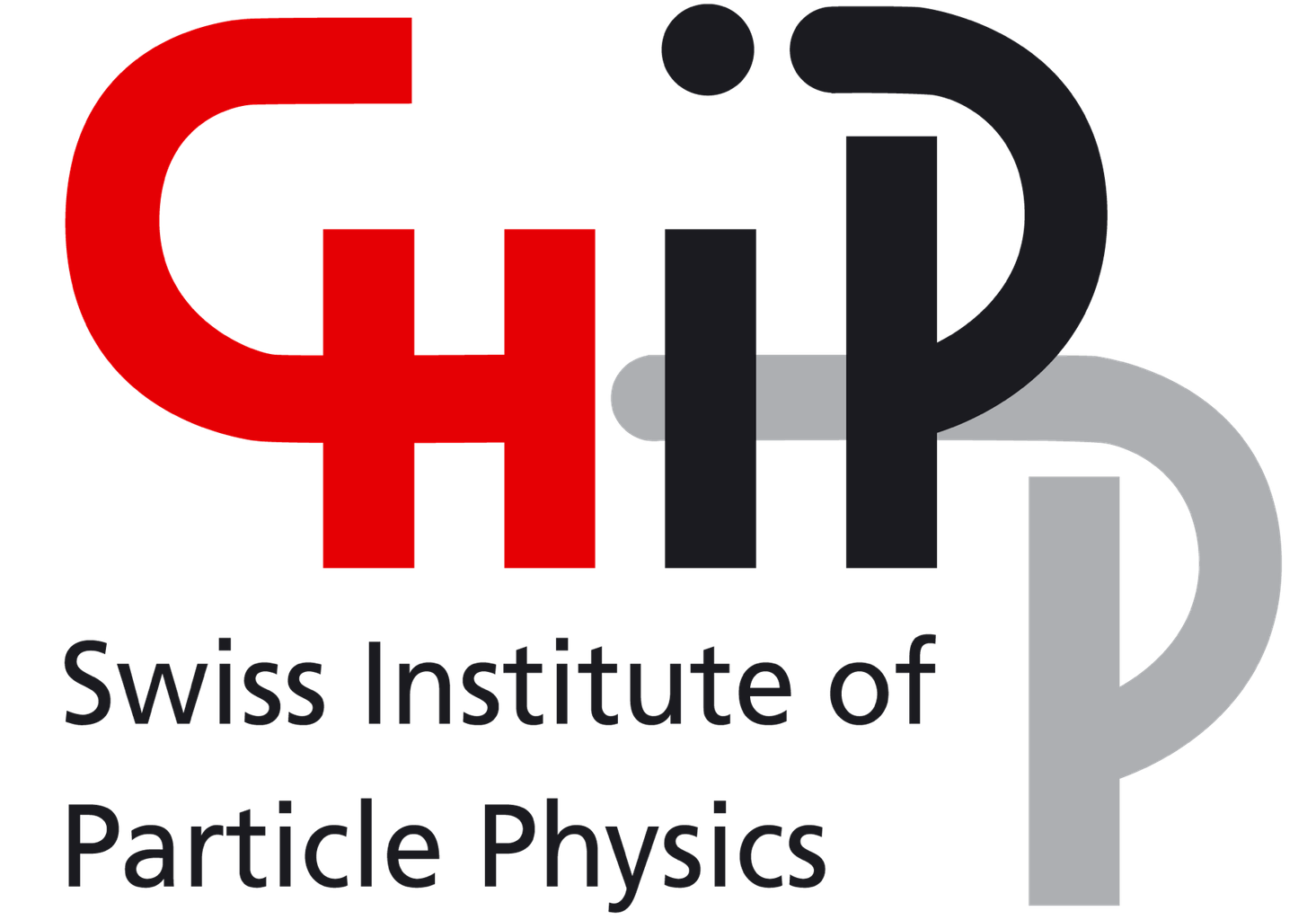
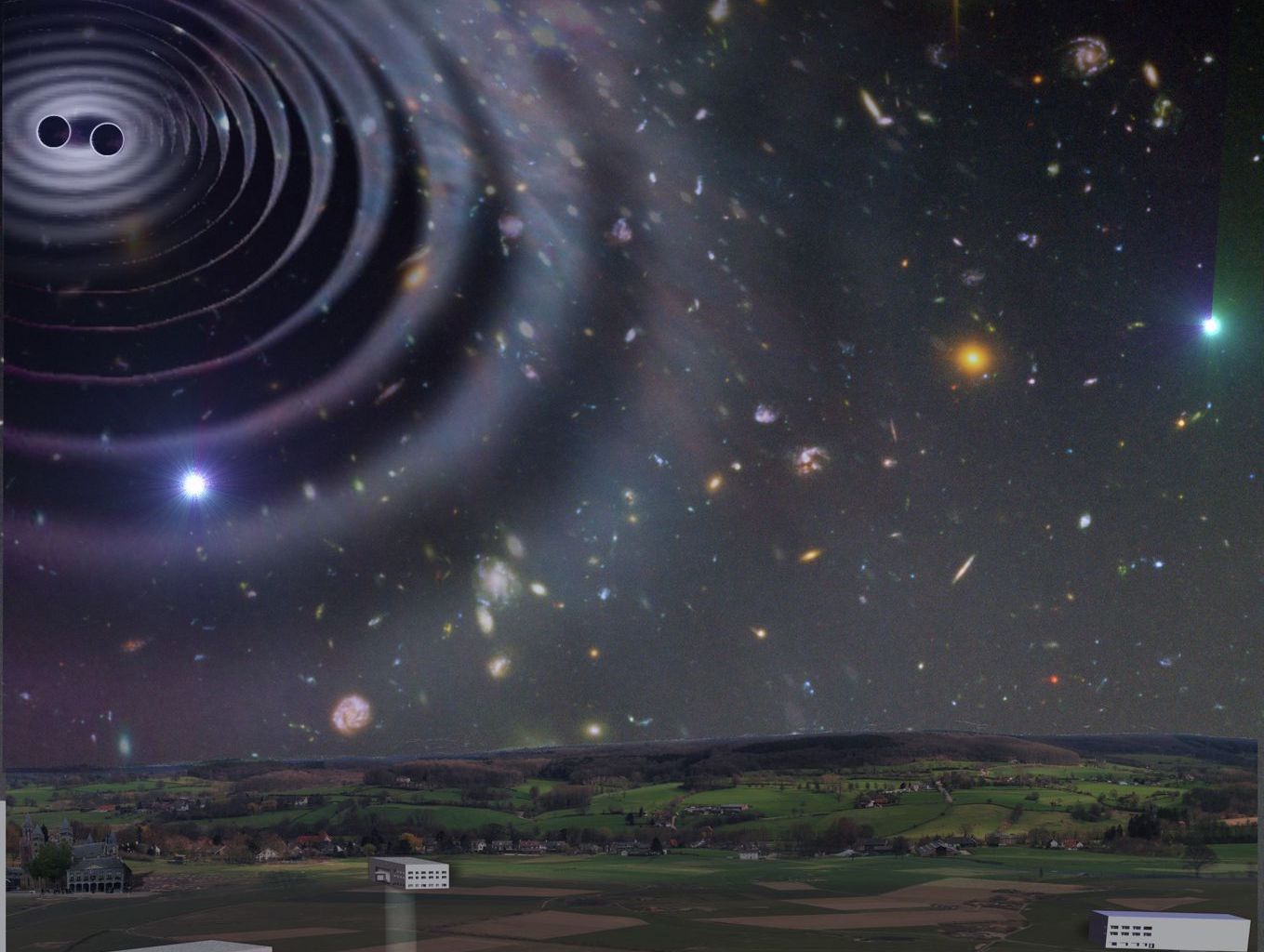
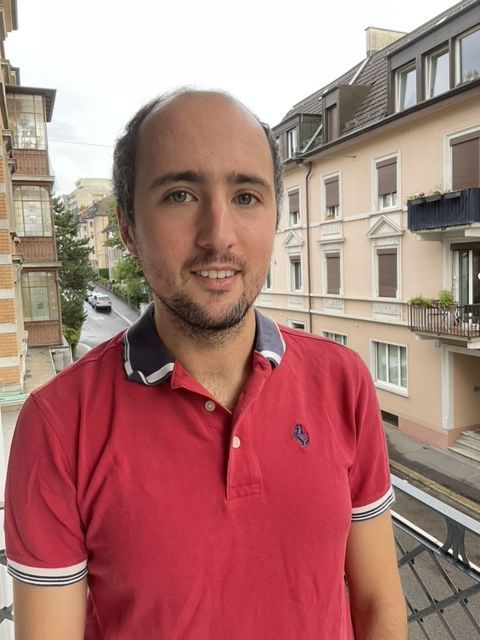
![Comparison between RK measurements. The measurements by the BaBar and Belle collaborations combine B+→K+ℓ+ℓ− and B0→KS0ℓ+ℓ− decays, where ℓ is a lepton. The previous LHCb measurements and the new result [4], which supersedes them, are also shown. Comparison between RK measurements. The measurements by the BaBar and Belle collaborations combine B+→K+ℓ+ℓ− and B0→KS0ℓ+ℓ− decays, where ℓ is a lepton. The previous LHCb measurements and the new result [4], which supersedes them, are also shown.](http://portal-cdn.scnat.ch/asset/40d25219-cf32-5d7f-a344-d4356ccc9252/Screenshot%202021-03-23%20at%2007.10.12.png?b=7f50075d-36d9-5913-bc44-fac8e7e34457&v=9bd7e834-a6a8-55b6-a09e-b7a43d64781f_100&s=ZXCr4RK3qEJY7uCaZs-9pRZZZ8OZ8EVj3Rtyhyf2-qP-evQun65d57tCLxGqXtaTEoil2Qpqb3qILXWzeagdRAk0VyPfdvD6i55sqpj1txNkByqDDgqtsu4QPc8YaVnoTVyp_QF8cXZ9TucqIpINFjwWWfLF-52KvErWu9a54Gs&t=2f78dd92-7a22-4f43-a0bf-8326ef689cea&sc=2)
